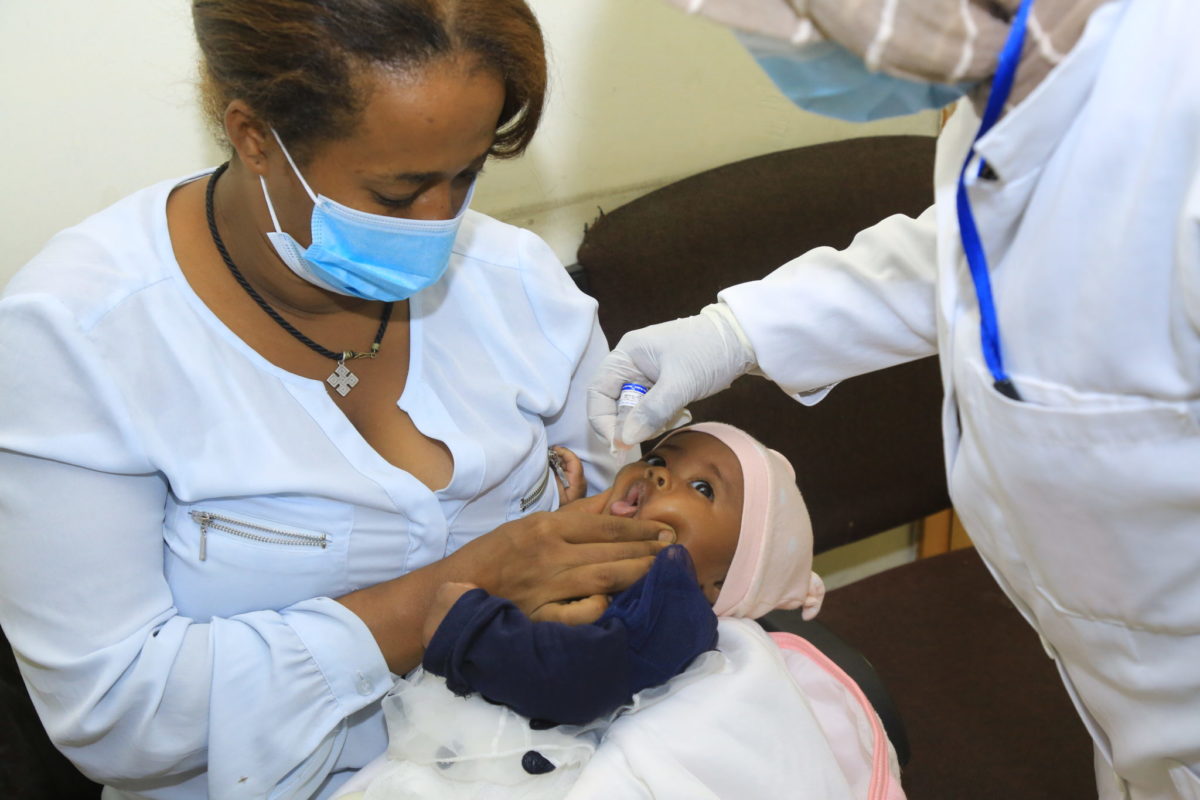1,000 Days Statement on Increased U.S. Infant Mortality Rates
At 1,000 Days, we are deeply concerned by the recent CDC data revealing an increase in infant mortality in the United States for the first time in two decades. Our nation has one of the highest infant and maternal mortality rates of any wealthy country. This disheartening increase is a stark reminder of the urgent need for collective action to address the critical challenges facing maternal and child health in the United States.
The CDC found that the overall infant mortality rate increased by 3% with significant increases for mothers aged 25-29. Mortality rates also climbed for preterm babies, male infants, and for infants born in Georgia, Iowa, Missouri and Texas. The data also shows a deepening divide along racial and ethnic lines with infant mortality rates for American Indian or Alaska Native women increasing by over 20%, from 7.4 deaths to over 9 deaths per 1,000 births, while rates for White women increased by about 3% from 4.36 deaths to 4.52 deaths per 1,000 births. Infant mortality rates for infants of Black women did not drastically increase but they continue to experience the highest overall rates of mortality with nearly 11 deaths per 1,000 births, or over double the mortality rate of White infants. The significant disparities in infant mortality rates among different racial groups highlight the pervasive impact of systemic inequities on health outcomes.
1,000 Days remains dedicated to our mission of making the health and well-being of women and children in the first 1,000 days, from pregnancy to two years of age, a policy and funding priority. We call on Congress to continue investing in maternal and child health and services, recognizing that it is critical during the 1,000-day window to deliver nutrition and support for women and infants. Access to proper nutrition and comprehensive maternal health services is a right for all women and families, and it is imperative to ensure that no one is left behind. Strong policies and investments in this critical window are not only about saving lives today but also about nurturing healthier generations.
A strong start in life is every child’s right, and we are committed to working alongside partners, communities, and policymakers to create a world where all children can thrive. The CDC’s findings reinforce the urgency of our mission, and we stand ready to collaborate and advocate for the changes needed to ensure better outcomes for everyone.
Together, we can strive for a future where infant mortality is a rare and unacceptable tragedy. Join us in making a difference and securing a brighter future for the next generation.
For more insights and information, please visit the CDC report here.


